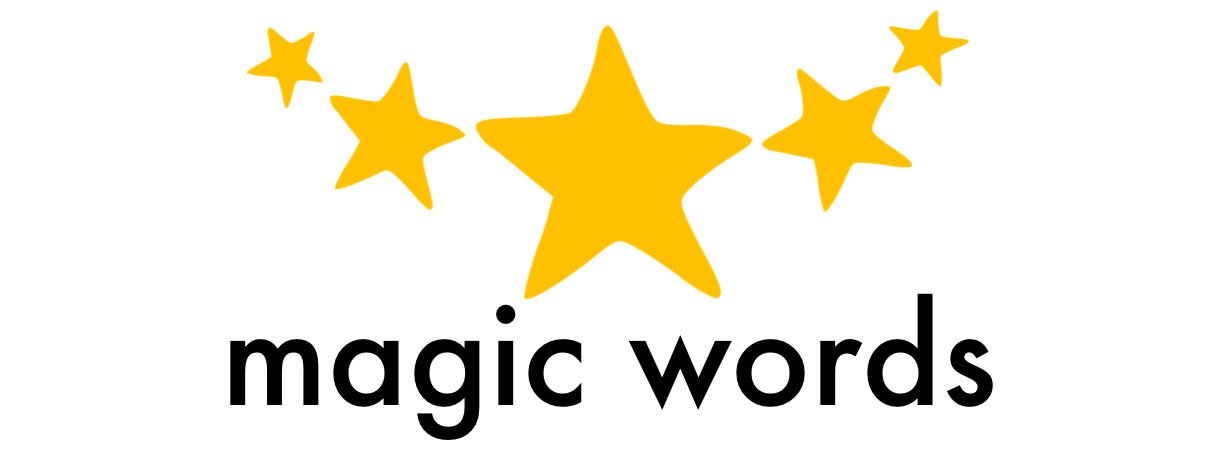The History of Pride (written and researched by Caleb Jackson, Speech and Language Therapist based at our Birmingham clinic)
At around 1:20am on 28th June 1969, plain-clothes police officers entered the Stonewall Inn in a routine raid of known gay bars, under the guise of a warrant for operating without a liquor license. The Stonewall Inn was known as one of the most popular gay bars in New York City at the time, and was owned by the mafia. Until 1966, it was illegal to sell alcohol to a gay person in New York state, so mafia-run bars were common as it provided a layer of distance from the authorities. In the 5-10 years prior to the events of June 28th 1969, police raids were common among gay bars and other queer spaces; the Library of Congress notes that Stonewall Inn was raided up to once a month during this time. That night, the Inn was particularly packed and emotionally charged, some say due to the death of Judy Garland a few days prior (Rest in Peace).
During this raid, officers began interrogating the bar's patrons. Many of those with identification were slowly released into the crowd gathering outside, while those without were retained in the Inn in preparation for arrest. It was ordered that all "cross-dressers" (anyone not subscribing to the clothing norms at the time, as well as performers) were detained for arrest. An account from one of the police officers present in the following days credited an un-named [lesbian] as the "turning point" of the evening. She was said to be "bodily heaved" into a police car (after escaping three times!), to which the crowd responded with cries of "pigs!" and "police brutality!". This led to coins being thrown, which escalated to bottles and bricks, which led to fistfights. A queer performer named Stormé DeLarverie is often cited as throwing the first punch, only moments before a parking meter was ripped up and used as a battering ram. By this point, the crowd was thousands strong. The protest did not disperse until after 4am that first night. In the days following, protests continued outside Stonewall, and expanded into surrounding streets and parks. Protests lasted 6 days, and included chanting, singing, demonstrations, and conflicts with law enforcement. To this day, the significant contribution of drag queens and the lesbian community to these initial protests is still being understood, but it can be safely said that without the unity of everyone under the Queer umbrella, we would not be where we are today.
The first Pride march was held on 28 June, 1970, to mark the one year anniversary of the Stonewall raid, as part of a week-long celebration. The following is a quote from one of the organisers of this event:
These events will be the culmination of Gay Pride Week (June 22-28), a week throughout which the East Coast Gay organizations will commemorate the “Christopher Street Uprisings” of last summer in which thousands of Homosexuals went to the streets to demonstrate against centuries of abuse; official betrayal of their human rights by virtually all segments of society; from government hostility to employment and Housing discrimination, Mafia control of Gay bars, and anti-Homsexual laws.
Christopher Street Liberation Day Committee Fliers. University of Connecticut Digital Collections
This march was organised largely by several gay organisations across the East Coast of the USA, many of whom were (and are) instrumental in many of the legal and social wins for the Queer community in recent years. In the years following this first march, many of the world’s major cities also began organising their own Pride marches. The first Pride march in the UK was held in 1972 in London, leading to the 50th anniversary march in 2022. Historian Lillian Faderman marks Stonewall "the shot heard round the world... crucial because it sounded the rally for the movement”. As of 2010, every major city in the UK holds an annual Pride celebration, joined by 31 cities globally as of 2023.
The events at Stonewall Inn in 1979 served as the final brick for a community that had been systematically (and often successfully) oppressed, erased, and prejudiced for the better part of modern history. The marches held in the years following sought to honour the courage of those that had come before, particularly those that had lost their lives in the fight to be seen and heard. Today, historians are still discovering lost (read: often deliberately erased) artists, celebrities, performers, and successful people who were a part of the LQBTQ+ community to give them a voice, alongside those who have paved the way since[1].
Until 2003, it was illegal for school and public institutions to "[promote] the teaching of the acceptability of homosexuality as a pretended family relationship" in the UK. This means that organisations, schools, and charities were unable to openly promote their support for the Queer community without the possibility of legal repercussion. To this day, the 40.4 million deaths attributed to AIDS is felt most keenly in the Queer community, often being referred to as the 'Missing Generation' (when was the last time you found and talked to someone who is Queer, and lived through the HIV/AIDS crisis? Never?). This image helps to visualise the sheer volume of loss felt within our community. At the time this was written, being part of the LGBTQ+ community is punishable by death in (at least) 7 countries, and an imprisonable offence in a whopping 64. In fact, I was 13 before it was legal for me to marry someone of the same gender.
[1] Harvey Milk, Sylvia Riviera, Claude Cahun, Alan Turing, Freddie Mercury, Keith Haring, Martha P. Johnson, Gilbert Baker, Barbara Gittings, Simon Nkoli, Ifti Nasim, Elliot Page, Sam Smith, Laverne Cox, RuPaul Charles, Michael Sam, Carl Nassib, Oscar Wilde, Allan Horsfall, Goronwy Rees, Edith Windsor, Maureen Colquhoun, Lady Phyll, Chris Smith, Justin Fashanu, Elton John, etc etc etc




